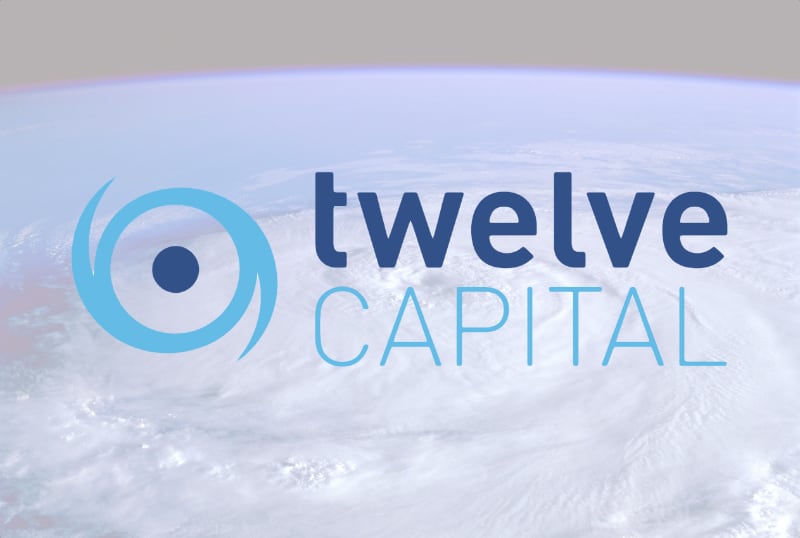Any cat bond losses from hurricane Beryl only a minor market hit: Twelve

Should major hurricane Beryl cause any catastrophe bond losses, it would be only a very minor hit to the entire cat bond market, with even a total loss to the Jamaica catastrophe bond would represent a hit to just 33bps of the outstanding market, investment manager Twelve Capital has said.
As we’ve been reporting, things continue to evolve fast with hurricane Beryl and the threat it poses to Jamaica’s $150 million parametric IBRD CAR Jamaica 2024 catastrophe bond.
Still, as major hurricane Beryl continues to churn towards the island, the World Bank facilitated IBRD catastrophe bond for Jamaica is considered at-risk of being triggered by major hurricane Beryl.
However, the very latest forecast update has seen the minimum central pressure of hurricane Beryl raise above a key threshold for the cat bonds parametric trigger. But, uncertainty remains and earlier today catastrophe bond fund manager Twelve Capital noted that even a worst case event for the bond would only be a minor hit to the entire cat bond marketplace.
Twelve Capital explained, “While the situation might evolve quickly, major Hurricane Beryl is not expected to generate significant losses for Cat Bond investors based on currently available information.”
That situation is still evolving fast and any shift northward in hurricane Beryl’s track could still see Jamaica’s catastrophe bond cover activated, it currently seems.
The investment manager further stated, “Despite its elevated strength, hurricane Beryl’s path across the Caribbean islands, and potentially Yucatán, is not expected to generate significant losses for Cat Bond investors.
“Considering the possible landfall in Jamaica in particular, we identified one Cat Bond that could see part or all of its principal eroded. It represents approximately 33bps of the Cat Bond market.”
That is the Jamaica cat bond, on which Twelve Capital said, “This USD 150 million single-tranche note has a parametric trigger based on the storm’s location and minimum central pressure. Minimum payouts, if triggered, would be 30% of the principal. Market losses from these notes could range between 0.1% and 0.33%.”
At those levels this would be a very minor hit to the cat bond market and likely to most holders of the notes.
It’s worth stating here though, that while this would be minor for cat bond investors, the payout would be extremely beneficial to Jamaica’s recovery from the storm, providing much-needed just-in-time funding for recovery and repair, which is why it has the cat bond in the first place.
However, we do know some institutions that support these World Bank facilitated cat bond deals, preferring their disaster risk financing mandate and parametric triggers, so there will be some direct investors that find a single bond like Jamaica’s makes up a larger proportion of their cat bond portfolio than the market-weight might suggest.
Twelve Capital also noted, that while seemingly unlikely, hurricane Beryl still could intensify on the way to Mexico’s Yucatan peninsula, but it would likely need to regain major Category 3 status or higher, which forecasts suggest is very unlikely and even then Mexico’s Atlantic storm parametric cat bond is only a market weight of 28bps.
As a result, any impact to the catastrophe bond market would be minor even in worst case scenarios in the Caribbean.
That’s because the cat bonds exposed are not particularly larger and certainly not numerous, only being two with real exposure to hurricane Beryl.
That shows the need for more protection to be in place, in both traditional insurance and reinsurance form, as well as via cat bonds, in order to provide more robust disaster risk financing contingency capital to help countries in the region that are badly affected by natural disasters.
Also read: Hurricane Beryl forecast path keeps Jamaica catastrophe bond on watch.






